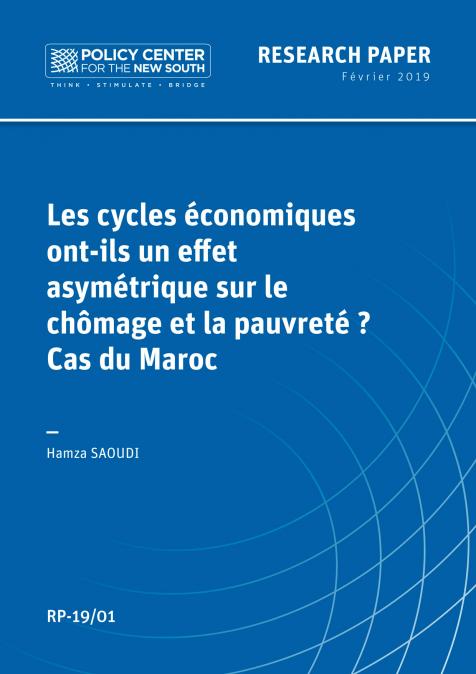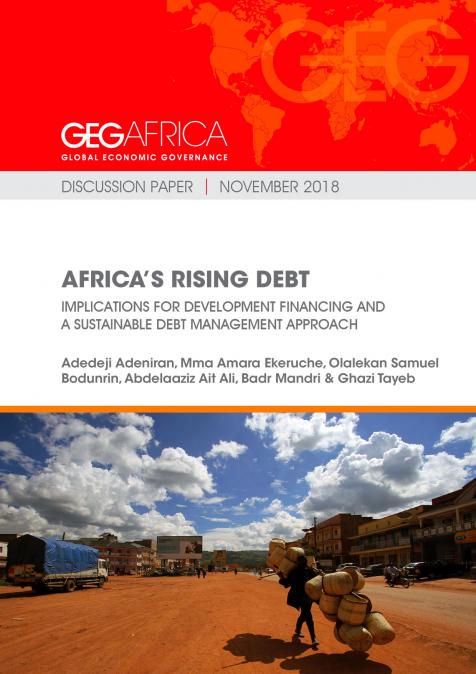China’s growth trajectory in the second decade of the century has been one of a rebalancing toward a new growth pattern, one in which domestic consumption is to rise relative to investments and exports, while a drive toward consolidating local insertion up the ladder of value added in global value chains also takes place. Services should also keep rising relative to manufacturing. Declining GDP growth rates from two digits in previous decades to 6% in 2019 - and likely lower ahead – would be the counterpart to rising wages and domestic mass-consumption, and to the transition toward higher weights of services and high tech. We point out two major challenges in the rebalancing. First, the transition toward a less investment- and export-dependent growth model has been taking place from a starting point of exceptionally low consumption-to-GDP ratios. Besides high profit-to-wages ratios, low levels of public social protection and spending lead to high household savings. An additional challenge comes from the lack of progress in rebalancing between private- and state-owned enterprises, something that is taking a toll on productivity.









